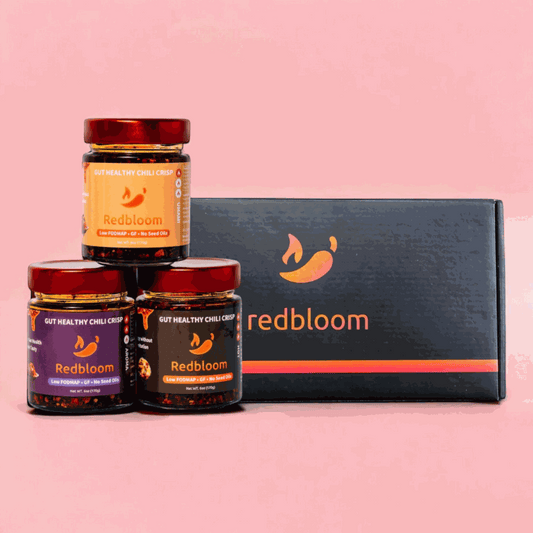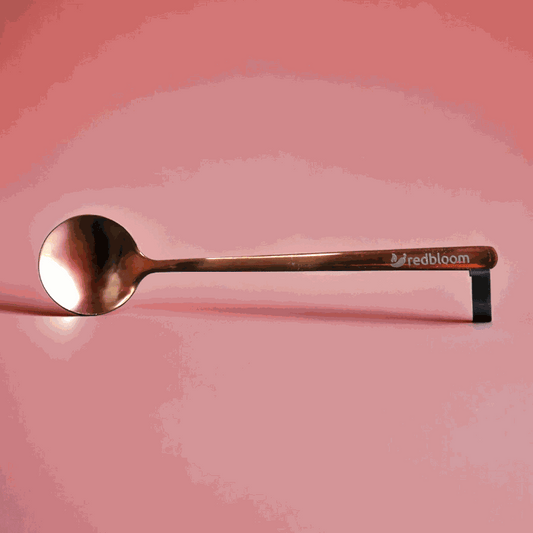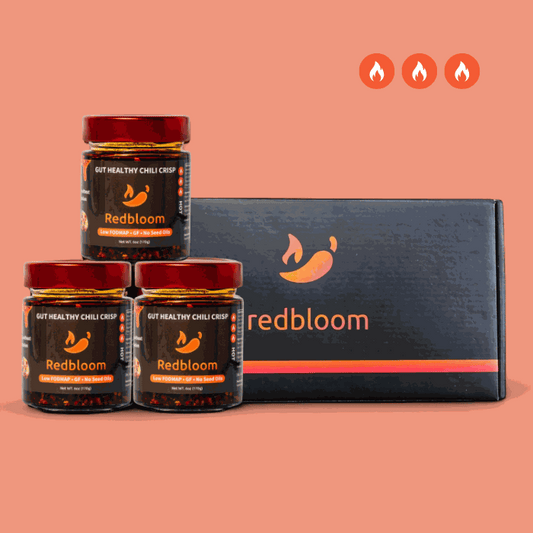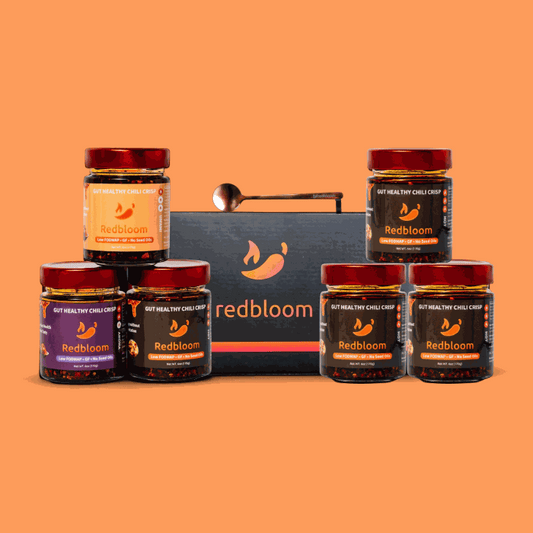Introduction
If you’ve ever tiptoed around stomach issues at a family dinner or felt embarrassed to say “no chili, please” in an Asian household, you’re not alone. Digestive struggles like IBS or acid reflux are common—but in many Asian cultures, talking about them isn’t. The silence around these symptoms is often steeped in shame, family expectations, and cultural ideas of balance and strength.
This article unpacks the emotional weight of gut health conversations in Asian communities, especially where food is central to identity. We’ll explore why digestive issues are often kept quiet, the psychological toll of staying silent, and how to heal emotionally and physically—without giving up your favorite dishes.
The Silence Around Gut Issues
In many Asian families, it’s more acceptable to suffer quietly than to talk openly about digestive discomfort. Bloating, bowel issues, acid reflux—these are often seen as embarrassing, impolite, or weak to discuss. This cultural silence is rooted in long-standing values around saving face, family pride, and strength [1][2].
Even within households, symptoms are often minimized or brushed aside. It’s common to hear phrases like:
-
“Just drink hot water.”
-
“You must’ve eaten something too cold.”
-
“Stop being dramatic.”
Result?
People delay getting help. They self-medicate. They feel alone and ashamed—not just about the physical pain, but about what it says about them.
Cultural Beliefs Around Food and Balance
Many Asian traditions frame health in terms of yin and yang, or “hot” and “cold” balance. Spicy foods are typically considered “hot,” while symptoms like diarrhea or inflammation are interpreted as heat excess. Instead of seeing these symptoms as medical, they’re viewed as imbalances to be treated with home remedies or dietary shifts [1].
This means gut issues are often managed privately, not clinically. And if you reject traditional remedies, you may face judgment or emotional disconnection from family elders.
The Role of Shame in Eating Behavior
Food is love in many Asian families. Refusing a dish—especially a spicy, traditional one—can feel like a rejection of care or culture. This leads to:
-
Eating foods that cause pain, just to avoid conflict
-
Staying silent about dietary needs
-
Feeling guilt, shame, or pressure around mealtimes
Some even skip meals, binge privately, or develop disordered eating patterns, trying to balance politeness with self-protection.
Mental Health and Gut Health: A Hidden Link
In Asian communities, gut symptoms are often somatic presentations of mental stress—but talking about anxiety or depression is taboo. This leads to emotional distress being expressed as:
-
Stomachaches
-
Bloating
-
Constipation
-
Appetite changes [2][3]
Unfortunately, because mental health stigma runs deep, people may seek herbal or dietary fixes when therapy or stress management would also help.
Generational and Language Gaps
Older family members may be unfamiliar with Western medical terms like “IBS,” “SIBO,” or “low-FODMAP.” Younger generations raised in the West may struggle to explain their symptoms or needs in a way that’s culturally respectful and medically accurate [4].
This leads to miscommunication, resentment, and isolation—especially during family gatherings or holidays where traditional meals are center stage.
The Toll of Keeping Quiet
When digestive issues are hidden, the emotional toll grows. Many report:
-
Feeling invisible or unheard in their own families
-
Being labeled “too sensitive” or “dramatic”
-
Avoiding social events out of fear of discomfort
-
Feeling ashamed of their body’s “weakness”
This can delay diagnosis, worsen symptoms, and damage relationships.
Pathways to Healing
Healing from gut issues isn’t just about food—it’s about breaking cycles of silence and shame. Here’s how:
1. Reclaim the Narrative
Your body isn’t failing—it’s communicating. Reframing symptoms as signals, not flaws, can help reduce self-blame.
2. Create Gentle Conversations
Instead of saying “I can’t eat this,” try:
-
“This food hurts my stomach right now.”
-
“I’m working with a doctor on this.”
-
“Can I help adapt this recipe so I can still enjoy it with you?”
3. Use Familiar Frameworks
Bridge the cultural gap by aligning your needs with traditional concepts:
-
“My doctor says I have too much ‘internal heat’ right now.”
-
“This diet helps me balance my body’s qi.”
4. Build a Supportive Network
Whether it’s a therapist, a nutritionist who understands cultural nuance, or a social group—don’t go through it alone. Shared stories reduce stigma.
5. Cook Together with Intention
Adapt family recipes with gut-friendly tweaks. Use:
-
Garlic-infused oil instead of raw garlic
-
Low-FODMAP chili oils
-
Steamed instead of fried versions of traditional dishes
This allows you to honor tradition without harming your health.
Quotes from the Community
“I kept eating the same dishes that made me sick for years because I didn’t want to upset my mom. She makes food as love.”
— Jenny, 32, Filipino-American
“Every time I said no to spicy food, it felt like I was saying no to my whole culture.”
— Ravi, 29, Indian-American
“It wasn’t until I found an Asian-American dietitian that I realized I wasn’t broken—just unheard.”
— Mai, 40, Vietnamese-American
FAQs
1. Why do I feel guilty saying no to food that hurts me?
Because food is tied to love and respect in many Asian households. It’s not just what you’re eating—it’s what it represents.
2. How can I explain my dietary needs without offending family?
Start with kindness and context. Offer to cook or adapt recipes. Frame your choices around health, not rejection.
3. Can stress cause gut issues even if I’m eating “right”?
Yes. Stress, especially unspoken or chronic emotional stress, can intensify gut symptoms. That’s why emotional healing is key.
4. How do I find gut-friendly versions of cultural foods?
Seek out culturally informed nutritionists or recipe developers. There are now Low-FODMAP and anti-inflammatory Asian cookbooks and online communities.
5. Is it okay to feel angry about this?
Yes. Your feelings are valid. It’s okay to grieve, be frustrated, and also proud—your journey is uniquely yours.
Conclusion
Living with digestive issues in a culture that doesn’t talk about them can be painful. But silence doesn’t have to be permanent. By naming your experience, honoring both your body and your background, and opening dialogue where you can, you begin to shift the story—not just for yourself, but for your community.
You don’t have to choose between healing and heritage. You can bring both to the table.





